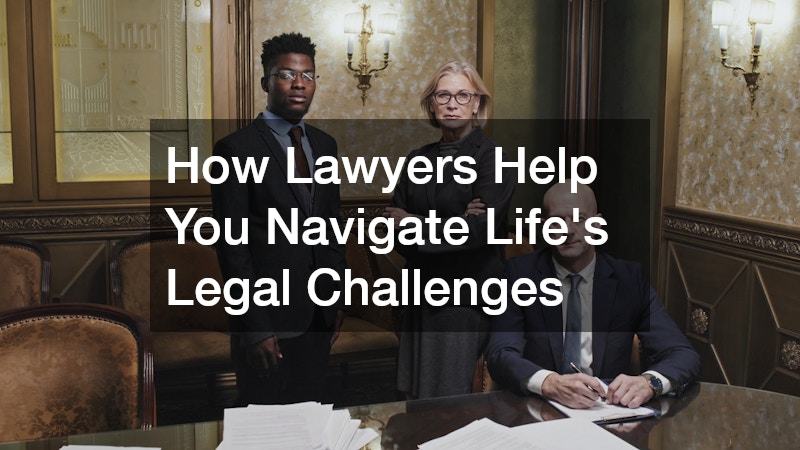ADR (Alternative dispute resolution) is a process of settling contractual disputes, employment discrimination, intellectual property disputes, attorney malpractice, and related disputes in the absence of litigation. ADR processes prevent hostility that often punctuates long trials. You can use the following forms of alternative dispute resolution to sort out disputes outside the court of law to minimize the amount of time spent on the corridors of justice.
Meditation
Many people opt for litigation settlement to prevent the frustrating experience of having to sort out disputes in court. Besides, the prolonged trials can even catalyze the conflict and make the dispute even worse. An independent mediator is found and assigned the task of reaching a mutually binding resolution viable for the dispute at hand. The conflicting parties are allowed to share their different sides of the story, as the mediator listens before identifying the issues and providing options to help reach an amazing litigation settlement.
Neutral Evaluation
The parties in question are allowed to share their case with an impartial party who later on points out not only the strengths but also weaknesses of every party’s argument and evidence to help reach a considerable litigation settlement outside courts. This dispute resolution procedure is suitable in cases where an expert in a particular is involved. For instance, in the case of patent disputes, financial services, financial reinsurance, and electronic experts, the case can be shared with professionals who have expertise in those lines. This will help reach a proper litigation settlement that is mutually acceptable by all parties.
Settlement Conferences
Litigation settlement can be carried out by mandatory or voluntary settlement conferences after meeting with a referee or judge. This approach will help chatter out a possible settlement to the dispute. The referee or judge will only assist the conflicting parties to assess their strengths and weaknesses to reach a conclusive solution. All parties will be listened to attentively, the strengths and weaknesses of their case assessed before a decision can be arrived on how to settle the dispute.
Arbitration
Arbitration happens to be one of the most common forms of alternative dispute resolution. The arbitrator listens to the evidence and arguments presented by every side, before providing a comprehensive outcome in a bid to settle the dispute. This dispute resolution allows a smooth litigation settlement exercise that is less formal as witnessed in a full trial. In that connection, disputes and conflicts are resolved at a very faster rate and a mutually acceptable solution is achieved.
Facilitation
Facilitation entails hiring a neutral third party who listens to the case and assists in reaching an informed litigation settlement. Before, applying this approach, both parties should be willing and ready to reach a settlement. The negotiations will be conducted through written correspondence, e-mail, and telephone contacts. Judges also use facilitation to settle a dispute through litigation settlement.
Conclusion
Parties with disputes can opt not to resolve their issues in a court of law. Instead, they will opt to arrive at a settlement that favors both parties. Alternative forms of dispute resolution such as meditation, settlement conferences, arbitration, facilitation, and neutral evaluation can be used to attempt and reach a litigation settlement that all parties are satisfied with. This helps save on time spent in court in search of justice.




